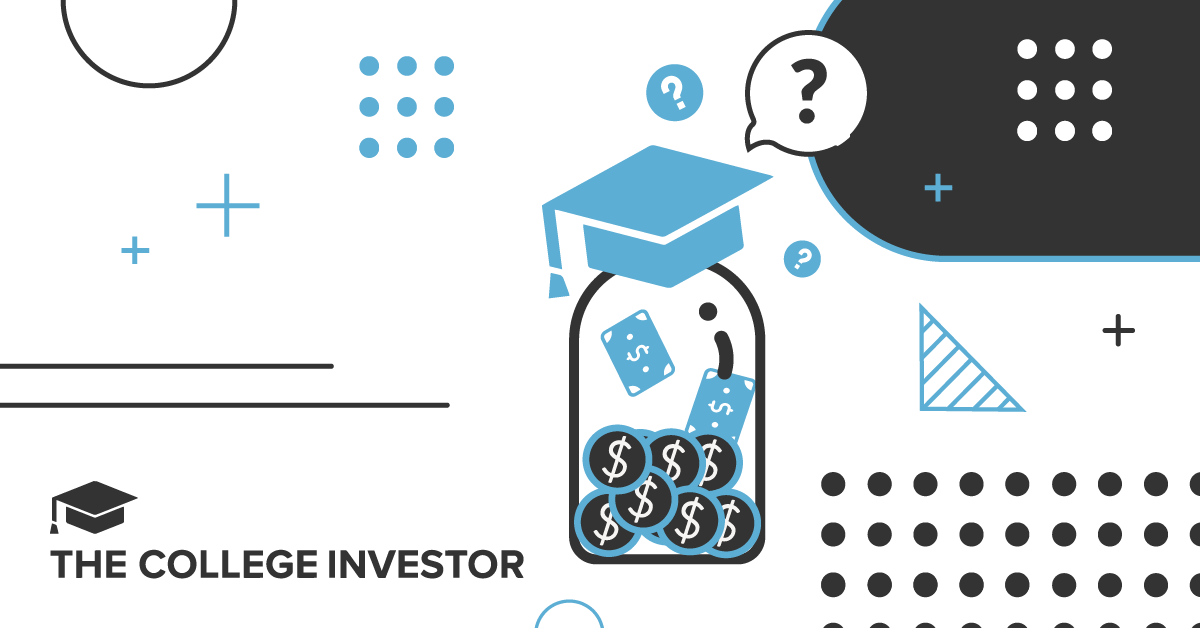How 16 Real People Paid Off Their Student Loan Debt


When I decided in 2007 to attend the Tuck School of Business at Dartmouth, I knew I would need to finance the majority of my MBA with student loans. Here’s what I’ve learned since then that enabled me to pay off my loans in a little under six years.
To set the scene: I took out over $150K in loans, and when all was said and done, I paid over $180K, including interest, over 6 years. Back when I started school, the interest rates on my student loans ranged from about 6.5% (a subsidized loan that my school offered up to a limit) to 8.5% (the majority of my federal loans). I was lucky enough to not have student loan debt from undergrad, or any other installment debt like auto loans, so this was the only debt I was paying off. When I got the final “tab” after graduating, reality set in: I had a 6-figure bill that was accruing interest… It was time to get to work.
Here’s how I managed my student loan debt:
When I was leaving school, I was moving to a new city and a new apartment. One of the first things I had to do was understand my anticipated student loan monthly payments (after grace period) to make sure that my budget could withstand my rent, parking, daily expenses, and loan payment. I logged in to the two services that I made my student loan payments to and found how much I’d owe each month. Balancing student loans and living expenses in major cities like New York and San Francisco can be difficult, but there is no quicker way to paint yourself into a financial corner than to overextend yourself with your living expenses.
Right before my grace period ended, I idiot-proofed my payments. That is to say, I set up my student loan payments to automatically debit from my checking account so that I would never miss a payment. Being in debt was tough enough, so the last thing I wanted was to get hit with a fee or hurt my credit. It’s worth noting that many lenders, like CommonBond, will offer a 0.25% rate reduction by setting up autopay from your checking account.
For my first six months paying student loans, I paid the exact amount due while I got my bearings on my new job, city, income, and expenses. Once I confirmed that I was in a good place financially, I slightly increased my payments such that I was overpaying each month and therefore paying down my loan principal quicker. Even if the extra payment wasn’t a ton of money (ranging from $50 to $200 per month over the years), I thought these payments could add up to thousands of dollars over time (which they did).
I was not in an industry where bonuses were astronomical, but I did get some year-end bonuses in my first job and later received restricted stock at future companies. I put as much as humanly possible from these proceeds against my student loans. By prepaying chunks of my student loans 1 to 2 times per year, my outstanding debt really began to come down, and the light at the end of the tunnel began to peek through.
All of the above tactics got me to the point where I paid off my debt in a little under 6 years, or 4 years ahead of my 10-year term.

Student loans often follow borrowers for years, sometimes decades. Even people who fully understand how much they borrowed can feel...

It was a busy week for RIA aggregators. There were a few large moves, including $235 billion multi-family office Cresset...

Blog Posts Archives UnfavoriteFavorite February 27, 2026 Weave: The Social Fabric Project Subscribe to Weave’s Newsletter This story was originally...